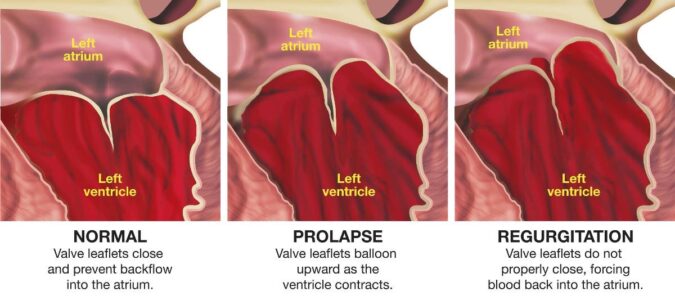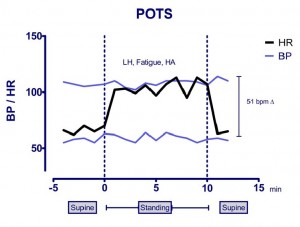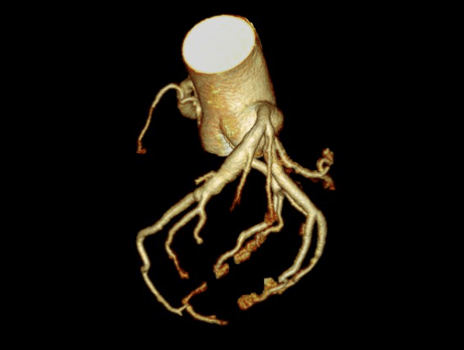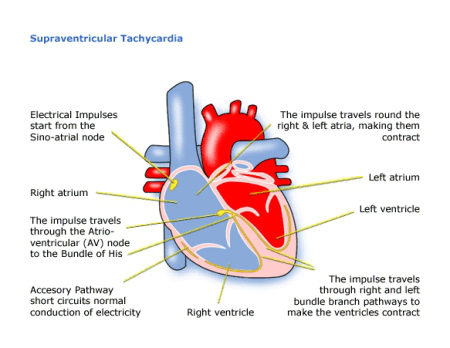Mitral valve prolapse
What is a mitral valve prolapse? Mitral valve prolapse, also called MVP, is a relatively common condition where the mitral valve (the inlet valve to the left sided pumping chamber) does not work correctly. In this condition the two flaps of the mitral valve, called the leaflets, don’t close smoothly or evenly. This is due to…







